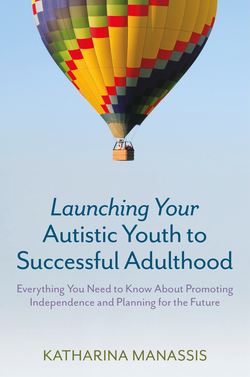Читать книгу Launching Your Autistic Youth to Successful Adulthood - Katharina Manassis - Страница 20
На сайте Литреса книга снята с продажи.
Communication strategies
ОглавлениеCommunicating with young people about setting goals can be challenging, whether they have ASD or not. Developmentally, it is natural for young people to strive for independence from their parents. However, this is not achieved overnight. Youth still need parental support to facilitate much of what they do, whether they like to admit it or not. They may wish they didn’t need your help, but they do. The frustration which comes from this dilemma can sour parent–child communication.
As a parent, think back to when you were in your teens or early 20s: did you like your parents telling you what to do? Of course not! Try to empathize with the young person’s wish to be autonomous, even as you try to do what is in their best interest. When communicating, try to acknowledge both sides of an issue before stating your opinion. Communicating with young people often resembles Newton’s third law: for every action there is an equal and opposite reaction. In other words, if you state your point of view too forcefully, be prepared for resistance. If you gently review the pros and cons of various options, you might still get some defiance, but it will be dramatically less.
Apart from the need to respect autonomy, there are several other communication strategies which can be helpful when it comes to discussing goals with your youngster, as illustrated in the following examples.
